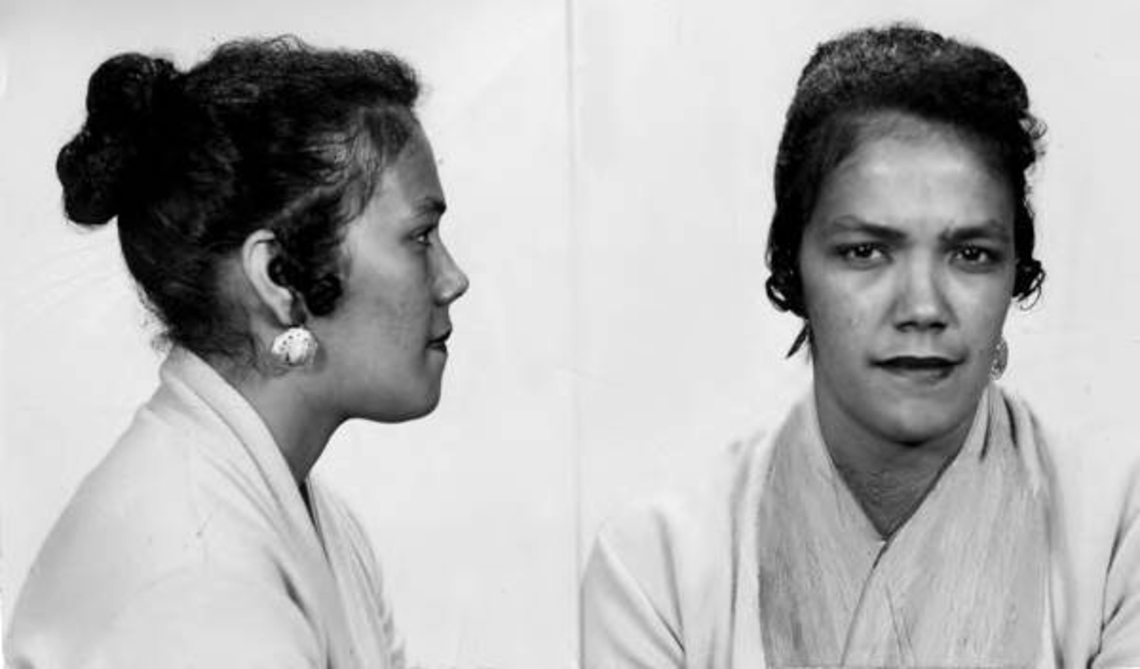During his appearance on the Colbert Report, President Obama offered a candid, and chilling insight into his views on evolving executive power. In a bizarre way, he traces his progression from a candidate railing against Executive Power, to his 180-degree turn out of phase.
1:38 COLBERT: Speaking of trusting people with extraordinary power, I want to go back one second to 2008. Part of your campaign was believing that the president at the time had invested the Executive with too much power. Then you became president, and you seem to have a whole lot of power. Does that happen to every president, where you get into the office and you think “oh, you know what, I might be the only one I trust with this much power, so I’ll hold onto it.”?
2:10 POTUS: For the first time, you’re asking a sensible question. What is true – [laughter]. The structure of our democracy is checks and balances. And every president, even if on the outside they were complaining, there’s always the temptation to want to go ahead and get stuff done, and democracy is messy and its complicated.
The President says “democracy is messy and its complicated.” And he means that as a bad thing. I don’t know whether to laugh or cry or cite it in a brief (probably all of the above). Of course our democracy is “messy and complicated.” That’s how the separation of powers works. Gridlock is part of our constitutional order. All 9 justices in Noel Canning accepted that important point.
It gets worse. The President actually explains how he drifted from Candidate Obama in 2008, to Unitary Executive Obama in 2009 (if it even took that long).
So the tendency is to say “well, let me see if I can get this done,” just because things are so bottled up – especially in a moment where there’s a lot of gridlock.
There you have it. The President proves my theory that I’ve articulated for months. Gridlock gives him the legal justification to expand his legal authority. I have recently decided to turn my article, Gridlock and Executive Power into a two-part series. First, focusing on foreign affairs, and second on domestic affairs.
What comes next is even more fanciful–he cites the Office of Legal Counsel as a check!
What I’ve tried to do is to make sure that the Office of Legal Counsel, which weighs in on what we can-and-cannot do, is fiercely independent, they make decisions, we work well within the lines of that
Chutzpah! His legal team went through “60 iterations” of his immigration plan. Each time, the President told them to go farther, and utilize the “fullest extent” of his power. How can he even say this? With respect to Libya, he ignored his OLC and asked Harold Koh. It isn’t clear if DACA is even justified, as OLC never provided a written opinion. This is sophistry of the worst sort.
Next, the President repeated his standard refrain of “pass a bill.”
But my preference would be to get a whole lot more done through Congress. Which is why, for example in the immigration legislation, what I said to them is “if you don’t agree with how we’re approaching this executive action, there’s an easy solution: pass a bill. If you pass a bill, then we’re going to be able to get things done.”
This view borders on extortion. If you don’t pass the bill I want, I’ll exceed my constitutional authority, and you can’t stop me, even if you defund me. In what surreality is this consistent with the rule of law? The President can’t simply skip over our “messy” and “complicated” democracy. It’s there for a reason.
Finally, he gives everything away.
And, you know what, too often what we have is a Congress that is stuck, and then the Executive and/or the courts end up filling the gaps. And I think that the more we can get Congress to actually work the way it’s supposed to, the less these problems come up.
When the Congress doesn’t act, the Executive fills in the gaps. This is not Chevron. Agencies do not receive deference when the President wants something Congress won’t give. There is no claim to deference when the President attempts to rewrite the law because Congress is gridlocked. This is not “gap filling” but “gap creation.”
Alas, in the end, the President acknowledges the courts play a role here. They do. With King v. Burwell, we have a rare opportunity to understand the divergence between the administrative process underlying Chevron, and the executive lawmaking of today. Stay tuned for more on this point.



